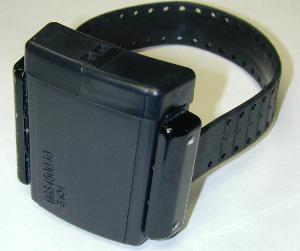GPS Tracking of Criminals in S.C. in Limbo After One Year
Posted date: : March 3, 2013
 The law that mandates global positioning satellite monitoring for criminals but was suspended by a judge six months ago for giving the public a false sense of security. Now, prosecutors are demanding changes in order to make the program more effective.
The law that mandates global positioning satellite monitoring for criminals but was suspended by a judge six months ago for giving the public a false sense of security. Now, prosecutors are demanding changes in order to make the program more effective.Circuit Judge Stephanie McDonald imposed a moratorium on electronic monitoring following a September ruling in the case of Deangelo Rashard Mitchell, who was charged with involuntary manslaughter. Mitchell, a reputed drug dealer, allegedly urged his brother to eat a fatal dose of cocaine while in the back seat of a police cruiser in order to destroy evidence. His brother as a result had a seizure and eventually died. He released from jail and sent to house arrest on a $150,000 bond and subject to GPS monitoring, but nothing was done by the bondswoman despite repeated violations despite repeated violations.
Judge McDonald held that it was nonsensical to place people on GPS monitoring without safeguards in place and without a guarantee that someone is actually watching them.
Ninth Circuit Solicitor Scarlett Wilson requested for the moratorium, saying that while technology’s fantastic, it’s the human component that’s the issue. Wilson has found numerous problems in the system, which is being run by private bond companies.
In Mitchell’s case, the drug dealer claimed that neither the bail bondswoman nor company told him he was violating the terms of his release. In another instance, a bonding company cut off court-ordered monitoring for nine days because the defendant didn’t pay his bill for the service.
Now Wilson wants the Sherriff’s office in Berkeley and Charleston counties to be in charge of monitoring criminals when they are out on bail. She claims that her proposal won’t cost taxpayers as defendants are the ones obligated to pay for the electronic monitoring.
